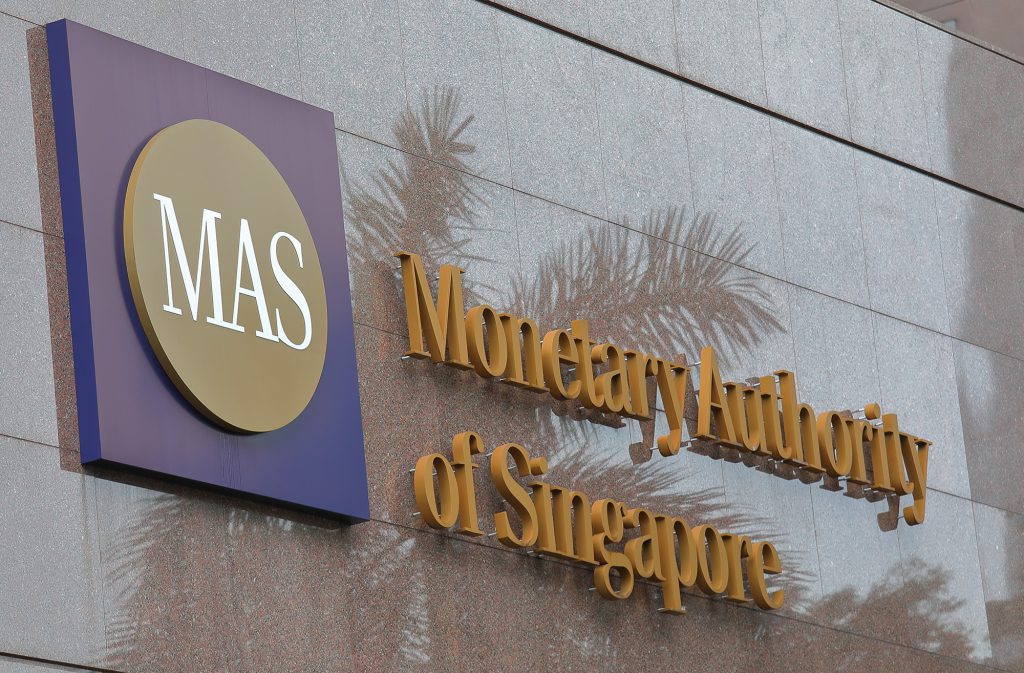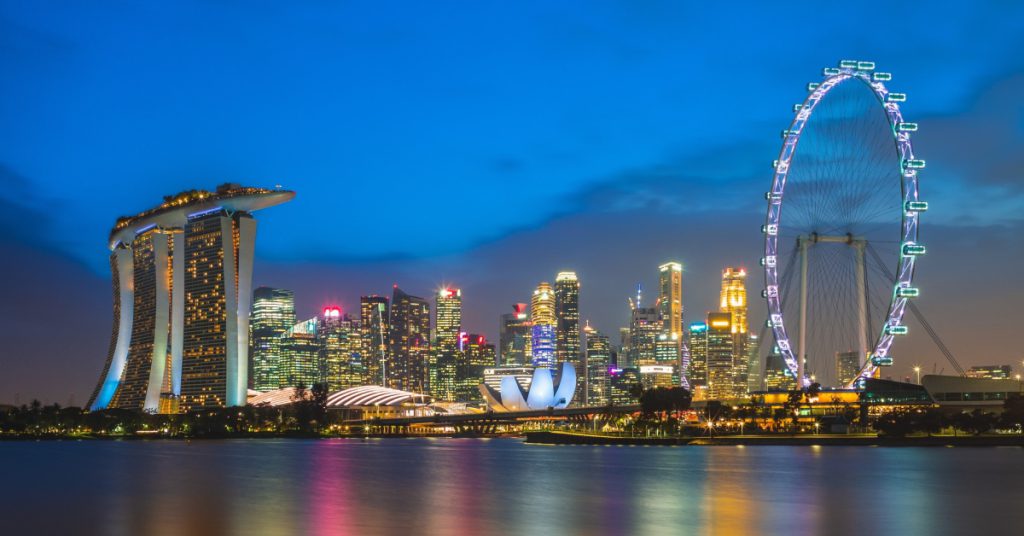The world entered a turbulent period over the past few weeks, marked by rising protectionism and economic tension.
A trade war has broken out between the US and China, with both sides slapping high tariffs—up to 145%—on each other’s goods.
Even though the US has paused some of these, many tariffs are still in place, including a 10% universal rate and extra charges on goods like steel, aluminium, and cars.
As a small and highly globalised economy, Singapore is particularly exposed to these developments. With limited natural resources, the city-state relies heavily on international trade, investments, and global supply chains to sustain its economy.
The trade war is expected to dampen global demand for Singapore’s goods and services, reduce foreign investment, and slow wage growth. In some cases, businesses may relocate, leading to job losses and retrenchments.
The Ministry of Trade and Industry (MTI) today slashed Singapore’s 2025 growth forecast to “0.0 to 2.0%,” pointing to the US-China tariff war as a potential drag on global growth.
“It’s not fearmongering,” said Deputy Prime Minister Heng Swee Keat, addressing concerns about the government’s warnings on the ongoing tariff war.
He made the remark during a morning walkabout at Bedok 85 Fengshan in East Coast on April 12, in response to questions from members of the public.
Local support, global action
To counter these challenges, the Government has earlier rolled out Budget 2025, which included a strong package of cost-of-living support measures.
These include CDC and SG60 vouchers, and continued investment in SkillsFuture to help workers upskill. Businesses will receive help with trade financing and market diversification.
Earlier today, the Monetary Authority of Singapore (MAS) also eased the Singapore dollar policy by slowing the pace of the Singapore dollar’s trade-weighted appreciation, aiming to curb inflation and address rising risks to economic growth.
“MAS will continue with the policy of a modest and gradual appreciation of the S$NEER (Singapore dollar nominal effective exchange rate) policy band. However, the rate of appreciation will be reduced slightly,” it announced on April 14.

The government has also assured the public that it stands ready to introduce further support if needed.
Prime Minister Lawrence Wong is engaging international leaders to forge a more stable and open global order. Domestically, Deputy Prime Minister Gan Kim Yong will lead a crisis task force to work with unions and businesses to protect jobs and recommend strategies to safeguard livelihoods.
Singapore will also deepen cooperation within ASEAN and strengthen ties with countries that support open and rules-based trade. These efforts aim to ensure the nation remains competitive and connected to global opportunities.
In Parliament, PM Lawrence Wong reassured Singaporeans not to panic.
“Do not fear. Now, more than ever, we will stay resolute and united. Our little red dot will continue to shine.”
- Read other articles we’ve written on Singapore’s current affairs here.
Featured Image Credit: Richie Chan/ Shutterstock.com.jpg










